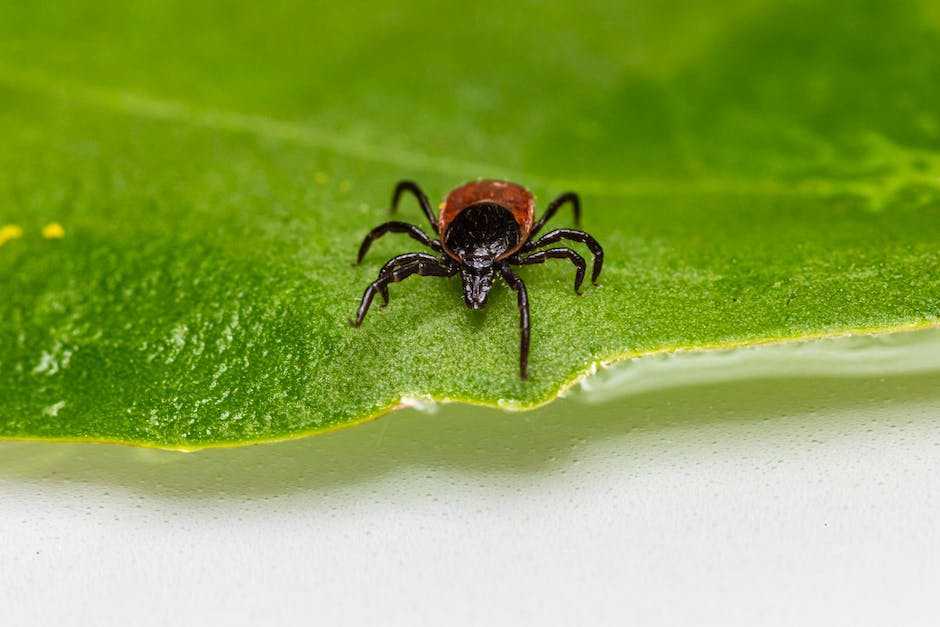
Contents
How do natural disasters like floods and earthquakes affect the incidence of parasitic diseases?
The Role of Environment Factors in Parasitic Diseases and Health
Parasitic diseases are illnesses caused by parasites, which are organisms that feed off of other living things. While some parasites are beneficial to the host, many are harmful. Environmental factors such as weather, land use, and the availability of water play an important role in the spread of these diseases. Here, we will discuss how different environmental factors can contribute to parasitic diseases, and how they may be prevented.
Climate and Weather
The climate and weather of a region can play a central role when it comes to the spread of parasitic diseases. In some cases, certain weather conditions can promote the spread of an illness, while in others, it may be the lack of appropriate weather conditions that prevent the spread.
For example, in many malaria-endemic regions, the disease is the most prevalent during the rainy season. Mosquitos, which transmit malaria, thrive in wet and humid climates, thus increasing the likelihood of disease transmission. In malaria-endemic areas, countries often institute public health programs during the rainy season, such as using insecticide-treated bed nets to reduce the spread of malaria.
Land Use and Agriculture
The use of land for agricultural purposes can also contribute to the spread of parasitic diseases. For example, human activities such as deforestation and irrigation can cause changes to the environment that provide opportunities for parasites to spread.
Deforestation can create an environment favorable for certain types of flies, fleas, and other insects, which can in turn, spread disease to humans or animals. Irrigation can also play a role in the spread of disease as water-borne pathogens such as Cryptosporidium and Giardia can exist in water sources such as reservoirs and rivers.
Preventing Parasitic Diseases
It is important to take preventive measures to reduce the risk of contracting parasitic diseases. The use of insect repellent, wearing long-sleeved clothing, and avoiding areas with standing water are all effective methods to reduce the risk of parasitic infections. It is also important to understand how different environmental factors can affect the spread of parasitic diseases, so that adequate prevention measures can be taken.
By understanding the role of environmental factors in the spread of parasitic diseases, public health organizations and those at risk can take meaningful steps to protect themselves from these illnesses. Taking appropriate precautions and understanding how the environment plays a role in the spread of parasitic diseases can help to keep people healthy and safe.
